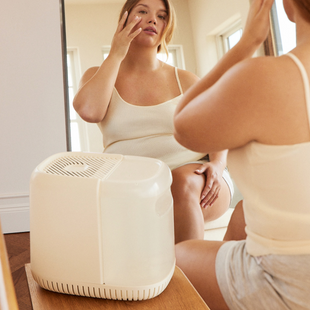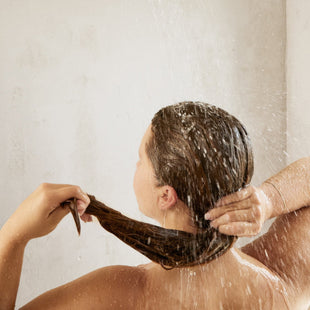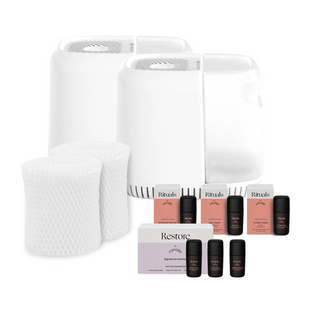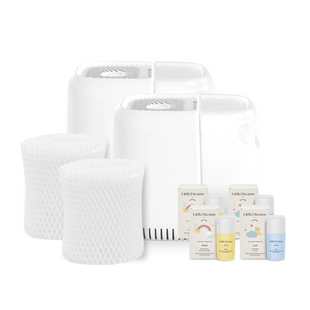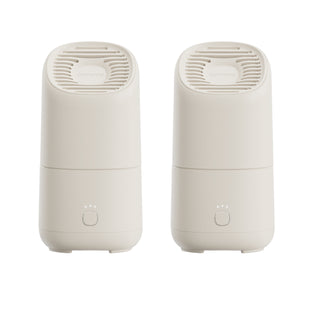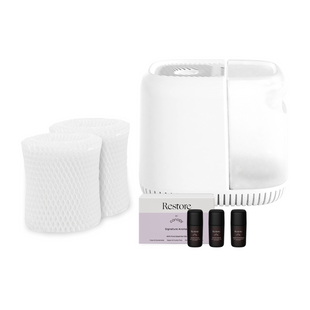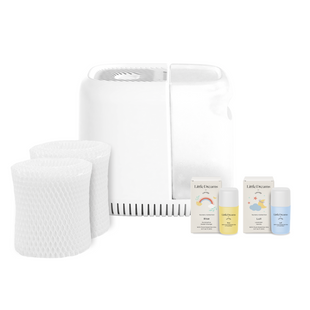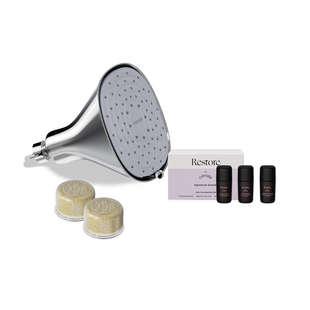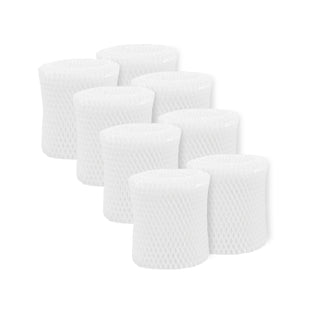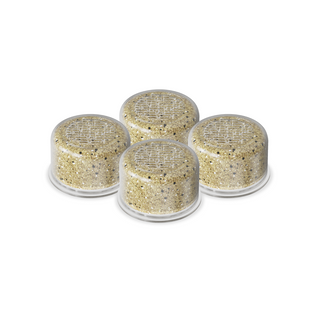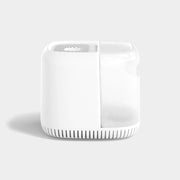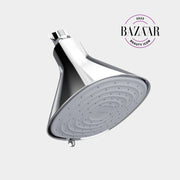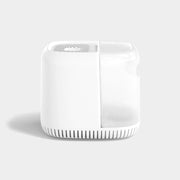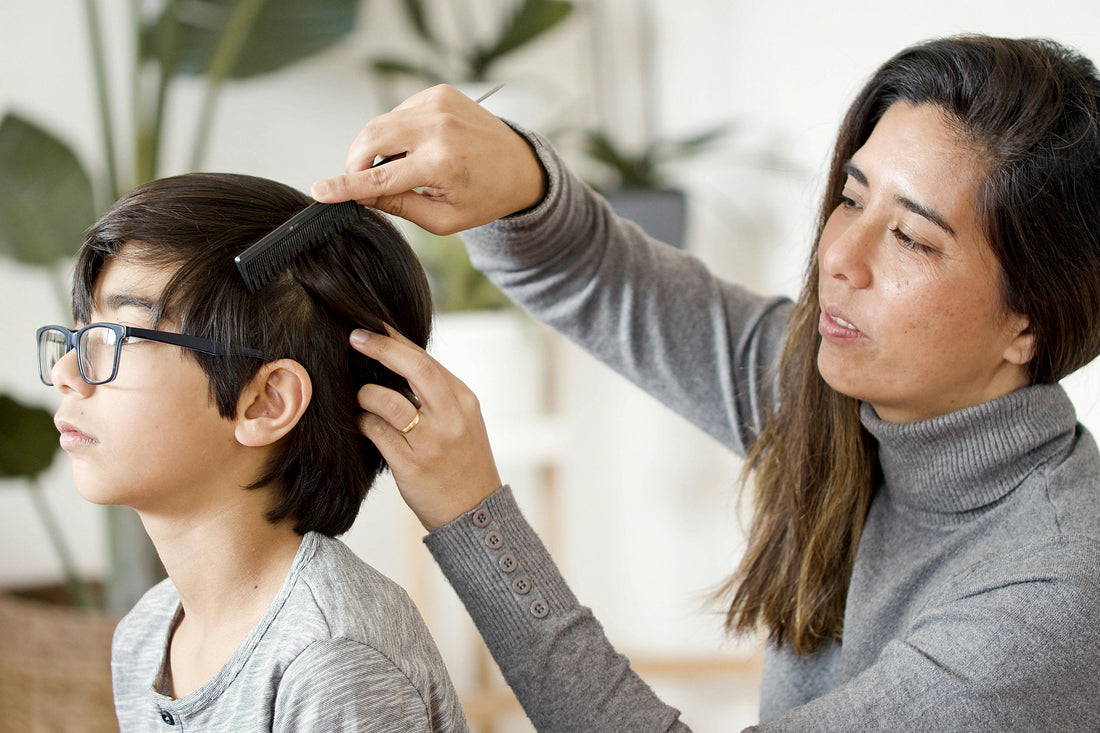Trying to comb dandruff out of hair and discreetly brush off the resulting skin flakes is a common annoyance for many individuals. Don't let dandruff be a source of embarrassment, as there are ways to manage the issue. This article explores the causes of dandruff, why it seems worse during winter, and ways to curb the problem to put your mind at ease.
What Causes Dandruff?
Various issues cause dandruff, so it's best to consult your healthcare provider for insight. Your doctor might discover that an overgrowth of Malassezia is to blame. Although this fungus protects the skin from harmful microorganisms, an overabundance can hurt your skin's health.
Excessive Malassezia consumes sebum on the scalp and compromises skin cell turnover, causing the cells left behind to form into noticeable clusters that seem impossible to remove entirely even with a brush, comb, or fingers.
Dandruff is also a symptom of seborrheic dermatitis (in its mildest form). This common skin condition targets the scalp, face, and other naturally oily areas. You'll see scaley, flaky skin covering the slick patches. Although seborrheic dermatitis also causes redness, it should not be mistaken for eczema. The latter is often much itchier.

Your haircare routine could also be the source of the problem. You might be allergic to certain ingredients in your conditioner, shampoo, and styling products. Contact with the allergen(s) could cause dry, itchy skin, among other issues. Common allergens in hair care products include fragrant chemicals, surfactants, preservatives, antibacterial agents, and various inactive ingredients.
How often you shampoo matters, too. Not shampooing enough means oils, dead skin cells, and other grime are left to accumulate on the scalp. The same can also happen if you need to use more shampoo.
How the Seasons Affect Dandruff
Now that we've answered your question, "Why do I have dandruff?" you might be asking yourself, "Is dandruff contagious?" The answer is no, although it might feel like it during certain times of the year.
You might notice more people scratching their scalp to unleash an avalanche of dead skin cell flakes during the colder months. Skin dryness, in general, is particularly aggravating during the winter. The low humidity makes the air dry. Dry air pulls moisture from everywhere, including skin on your scalp. Blood vessels narrow in chilly temperatures, which makes it easier for the body to lose water—contributing to dryness. If you have dandruff throughout the year, winter weather could make it worse.
Taking long, hot showers to remain warm is also common in winter. Unfortunately, the hot water removes the oils your scalp needs to combat dryness. The quality of the water comes into play, too. The calcium and magnesium in hard water have a drying effect on your skin. In addition to dandruff, your scalp might feel tight and itchy after washing in hard water.
It’s also difficult for shampoo to lather in hard water. That means your hair won't get clean, and soapy residue gets left behind on your hair and scalp, contributing to itchiness and lifeless locks.
How to Reduce Dandruff
The best approach to keeping dandruff at bay (or at least reducing it) depends on what's causing it.
If you believe an allergy to hair care products is causing dandruff, stop using the questionable products as soon as possible. To combat the overgrowth of Malassezia, your doctor might prescribe an oral or topical antifungal medication. When seborrheic dermatitis is the root cause, a medicated shampoo should help; the strongest type, a coal tar-based shampoo, should only be used if other formulas aren't enough.
Shampooing more often could be the trick. Use a mild shampoo or a dedicated dandruff shampoo a few times weekly. There are both over-the-counter products and prescriptions available. When hair is damp and full of product, use a scalp massager to exfoliate the scalp, as it will help lift the dead skin cells and make the products more effective.
To reduce skin dryness, shower in warm or lukewarm water. The Canopy Filtered Showerhead removes contaminants from water so they don't affect skin and hair health. You’ll enjoy a cleaner, healthier scalp with more hydration and less irritation.

